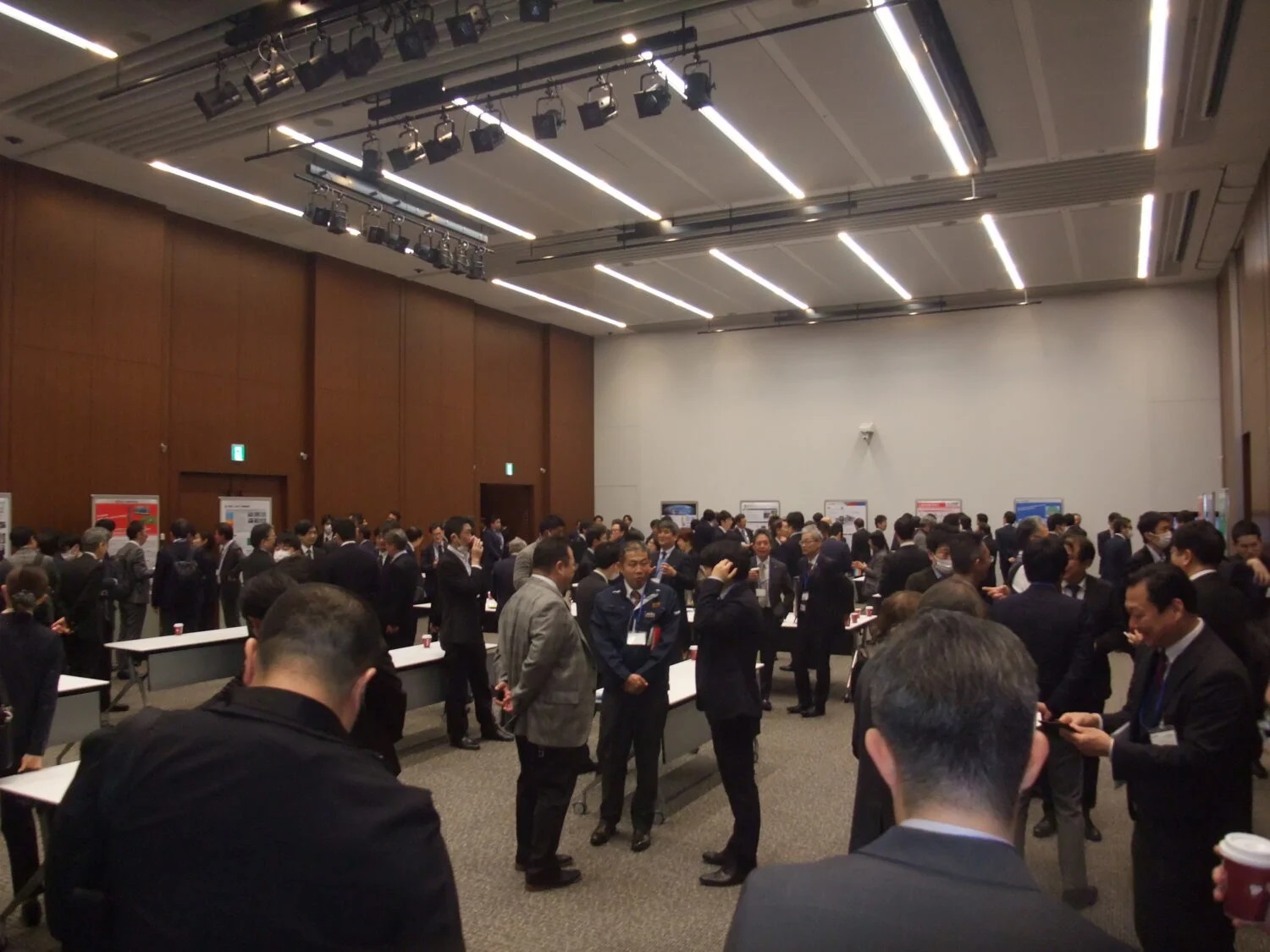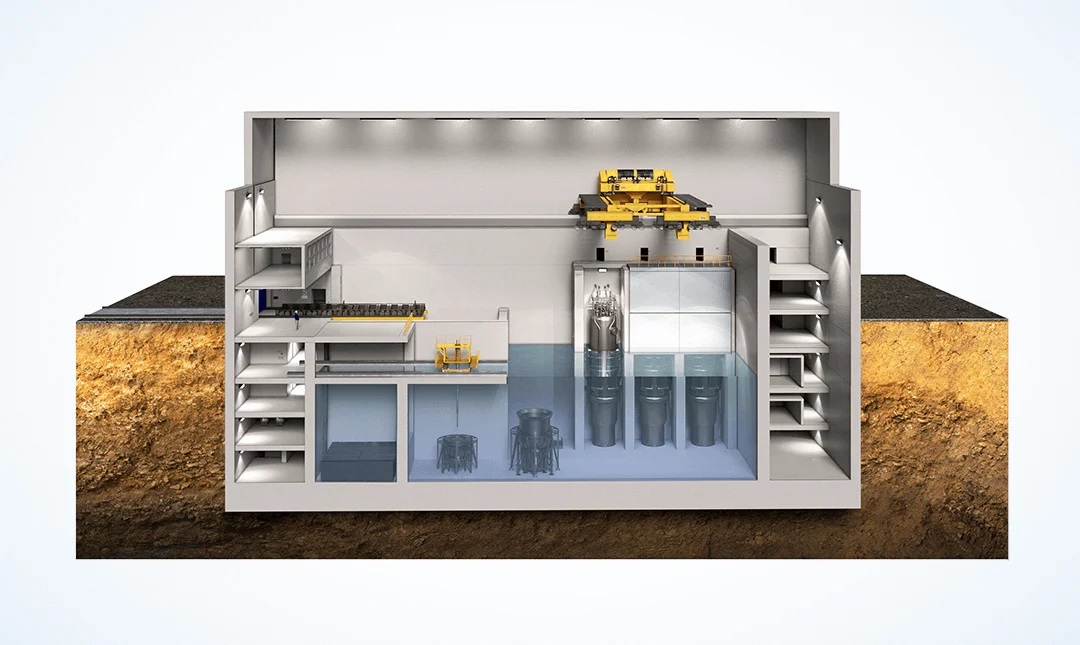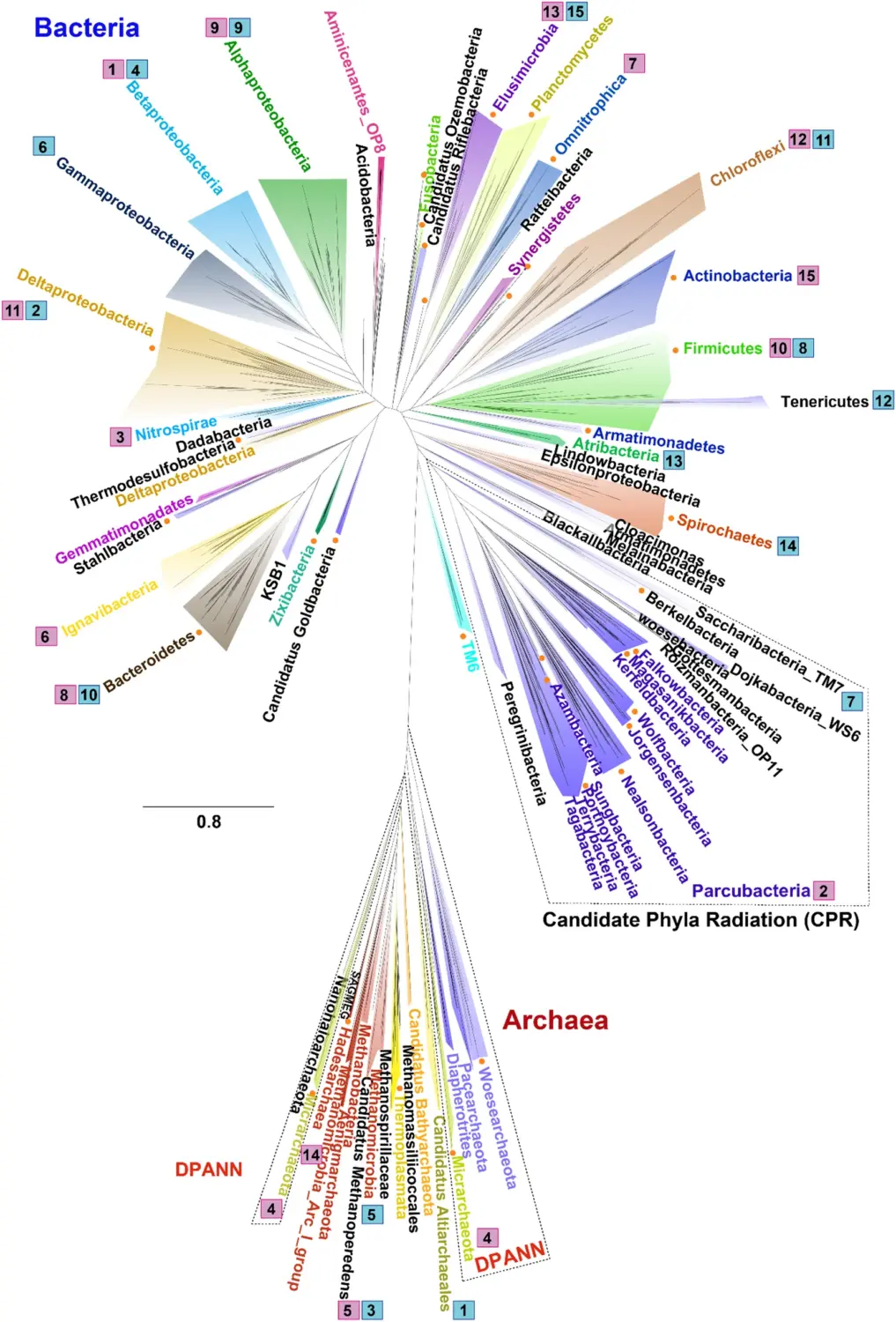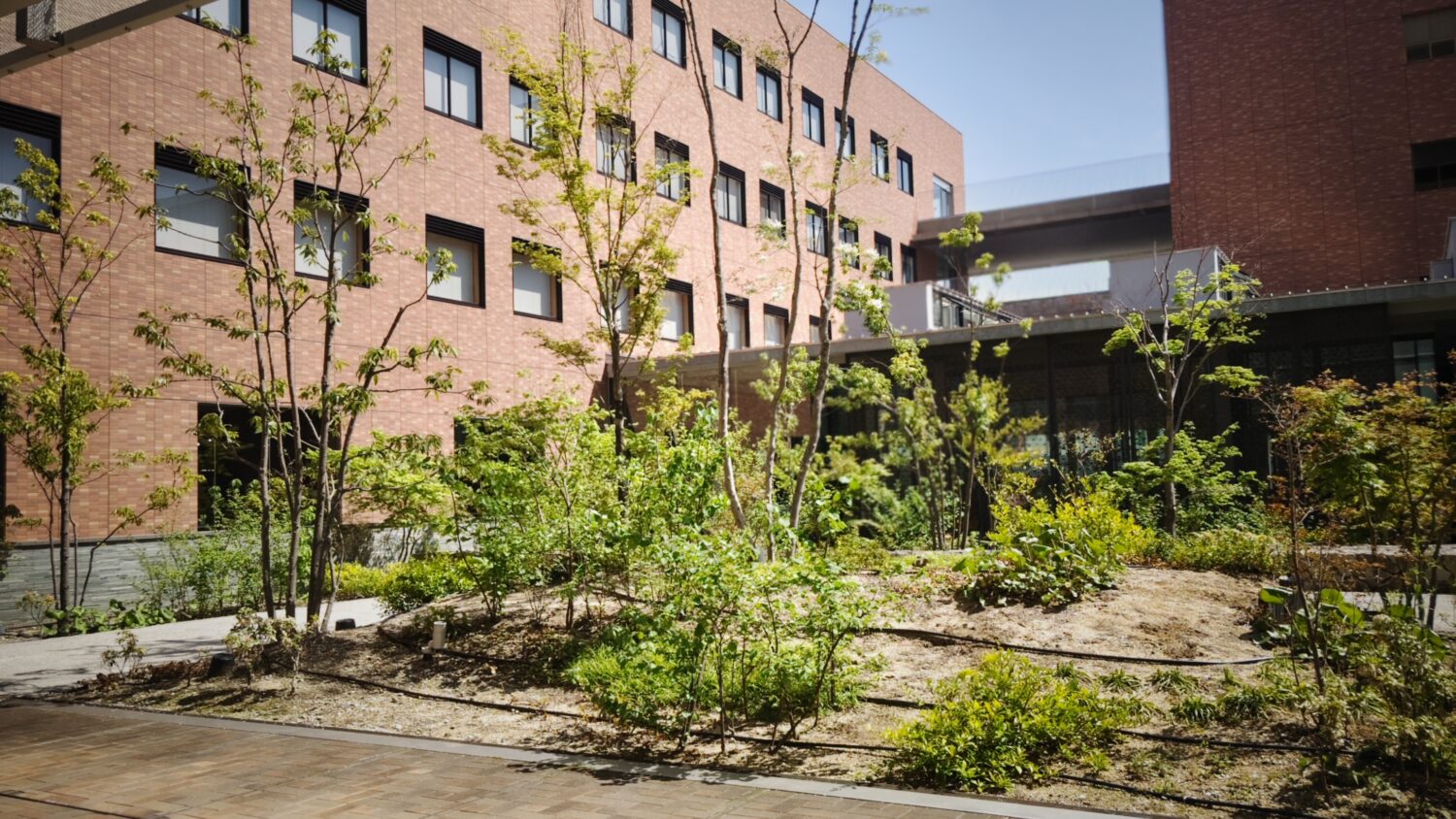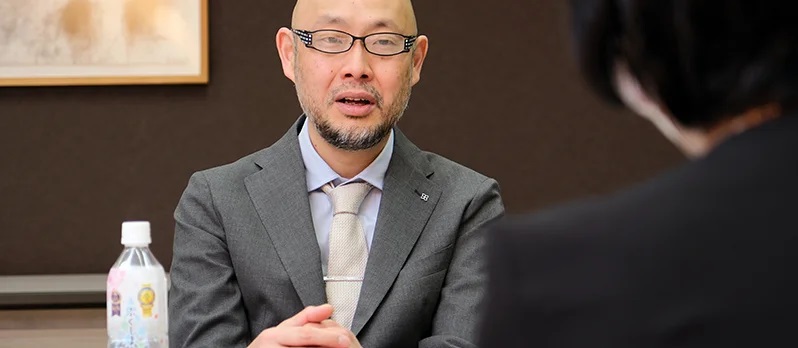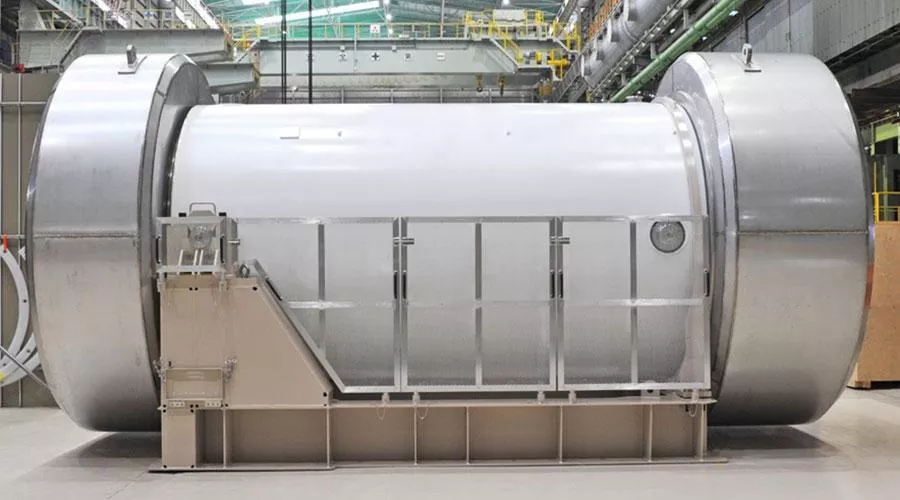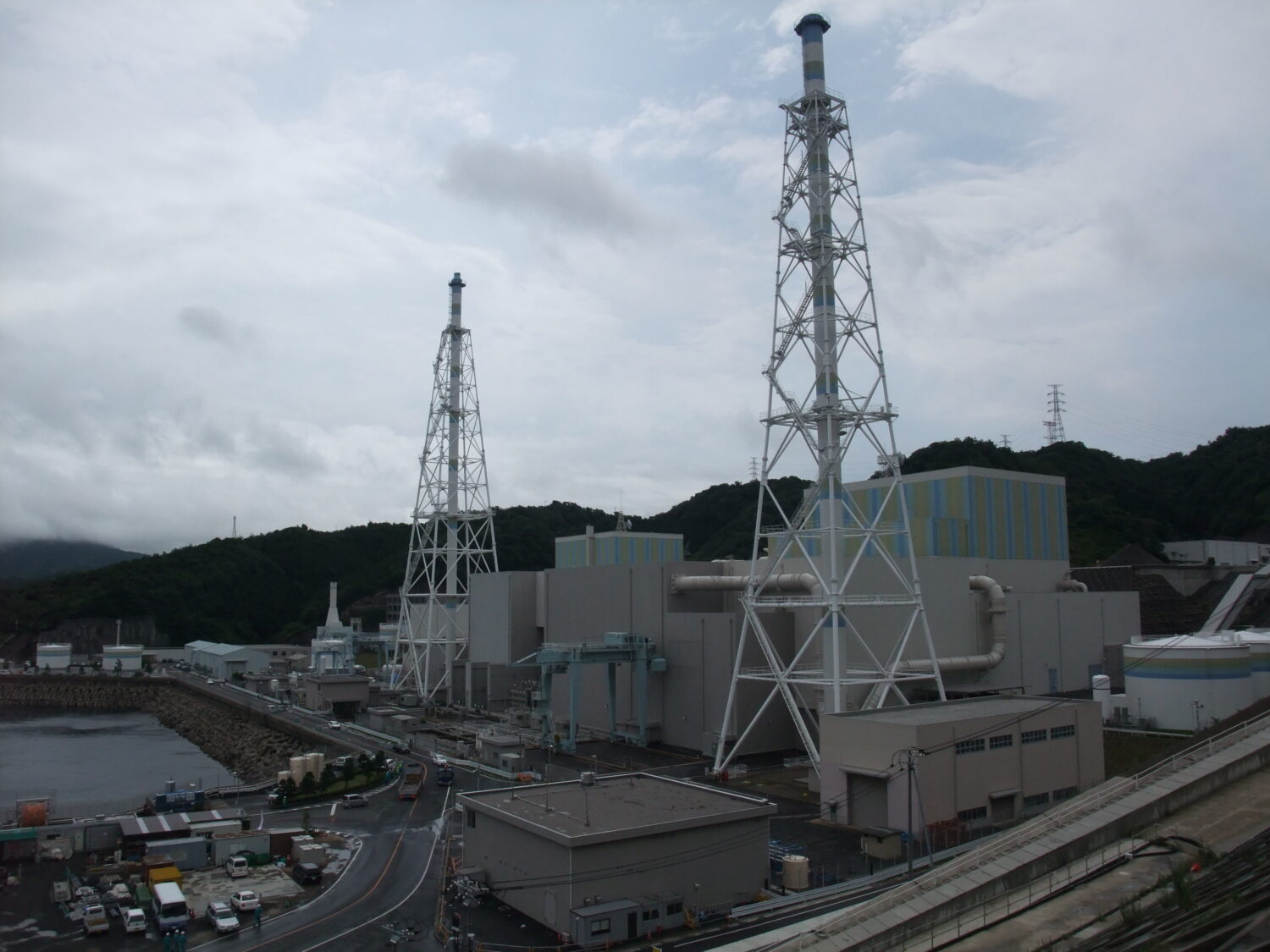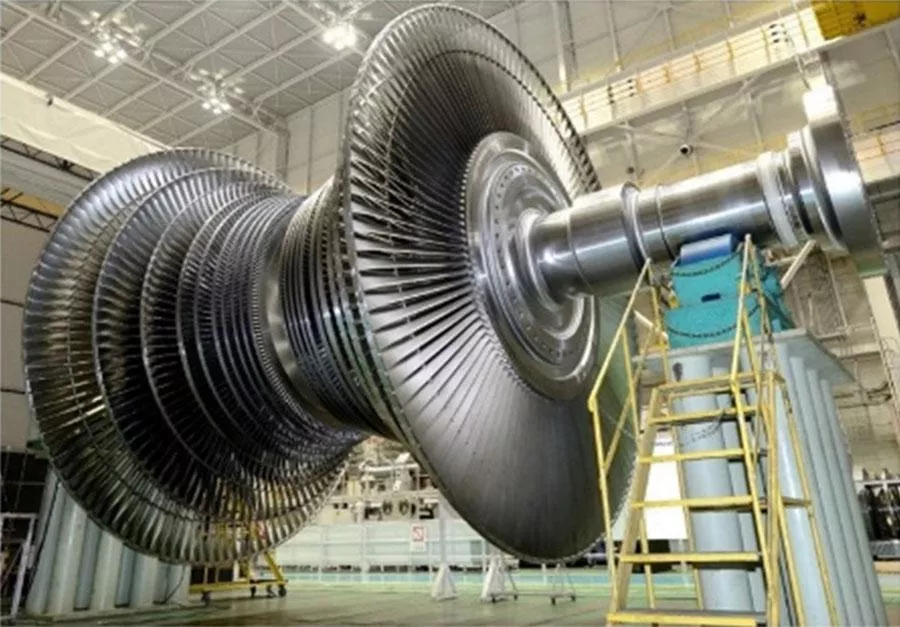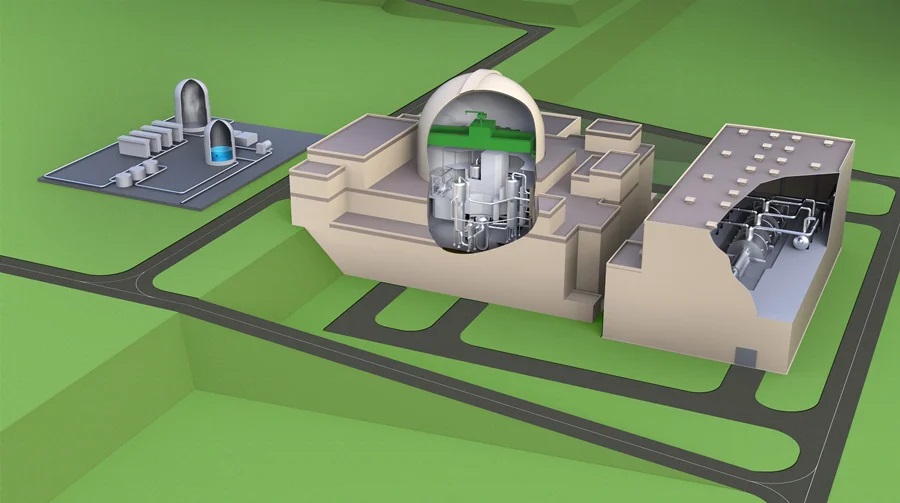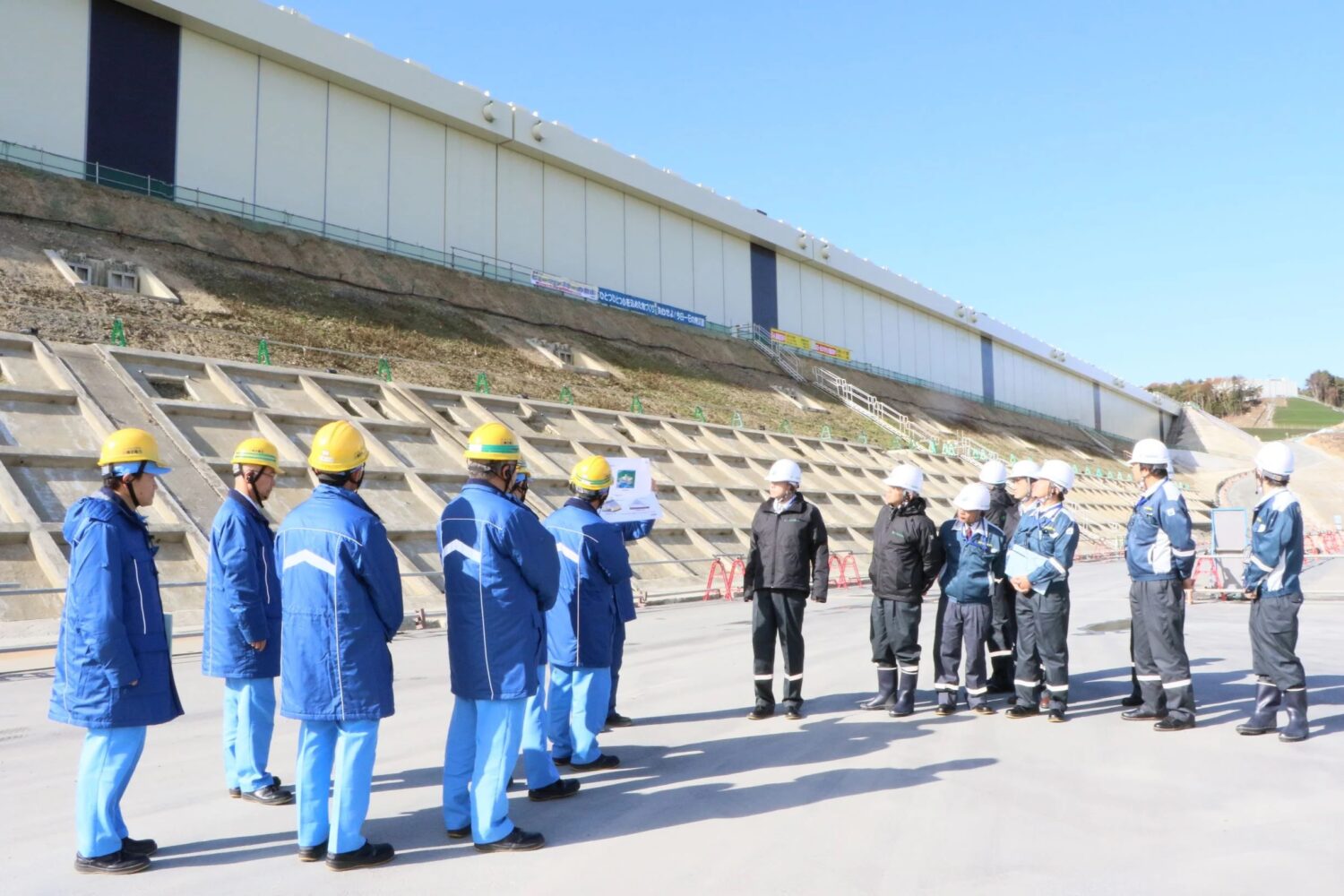The WNU is an international education and training partnership created in 2003 primarily by the World Nuclear Association (WNA), the International Atomic Energy Agency (IAEA), the Organization for Economic Co-operation and Development’s Nuclear Energy Agency (OECD/NEA), and the World Association of Nuclear Operators (WANO). The WNU-SI has been held every year at various locations around the world since 2005. Over a thousand trainees have taken part so far.
At a briefing session on October 18, the seven Japanese participants, five of whom were supported by the Japan Atomic Industrial Forum (JAIF) through its Professor MUKAIBO Takashi Memorial Project on Human Resource Development, gave presentations on the results of their participation during the five weeks from June 25 to July 28.
The training program consisted primarily of lectures and workshops led by current leaders and retired specialists in the field of nuclear energy as well as from international organizations, along with technical tours of nuclear facilities.
In the workshops, the trainees were divided into groups of ten or so, discussing and presenting their views on the theme of the lecture that day. For example, in the case of a country assumed to be considering introduction of nuclear power, the trainees gave presentations on what would be required to build a suitable nuclear industry there and on the subjects that would have to be explained to local residents, from the viewpoints of the government and industries of that country.
TAKIGUCHI Koji, an employee of the Tokyo Electric Power Co. (TEPCO) and a participant in the training, said, “It was a good opportunity for me to look again, objectively, at my own industry.” He also said that, based on his having given a presentation at a workshop playing the role of a government spokesperson, he recognized the importance of communication―the attitude to first present the subject to the audience and then to be willing to engage in dialogue, have discussions, even if questions are basic and fundamental.
Next, TADA Takeshi, of Hitachi-GE Nuclear Energy Ltd., said that, from discussions he had with other trainees, he learned the attitude of “always questioning whether there is another way to do or say something.” He expressed puzzlement that a particular workshop was ended because members could not decide between two proposals, which were not so different, but still different. He said that he thought that becoming a leader required being decisive as well as adaptable. He also mentioned the usefulness of ChatGPT for doing presentations in English.
The WNU-SI curriculum was expanded this time to include innovative nuclear technology, including small modular reactors (SMRs) and nuclear fusion. OMAE Takayoshi, chief strategist at the ITER Japan Domestic Agency, gave a presentation, and MATOBA Daisuke of the Kansai Electric Power Co. (Kansai EP) said that he has seen keen interest on the part of African countries in introducing SMRs. Matoba also said that he was enthusiastic about deepening exchange activities with nuclear engineers in other countries in the development of advanced nuclear fuel, which is his own primary field.
On the technical tours, which were major events in the training program, the trainees visited, among other sites, the Fukushima Daiichi and Daini nuclear power plants in Fukushima Prefecture. NAKAMURA Yuki of Toshiba Energy Systems & Solutions Corporation (Toshiba ESS) acted as interpreter at the Fukushima sites. When the accident occurred in March 2011, he had been in university. He said that interpreting for the trainees was a momentous experience for him, too. “Looking at the accident and explaining it from the viewpoint of the concerned parties was quite valuable for me,” he said.
There were cultural activities, too, after the lectures and workshops. Booths were set up by the various countries. Traditional performing arts were staged, and special products were introduced and exhibited. At the Japanese booth, several types of sake, akafuku-mochi, a famous confection from Ise, and more, were served. The snack “umai-bo” was particularly popular.
After getting to know the overseas trainees through occasions such as the ones described above, as well as attending various social gatherings, sporting events, and going shopping, MINAGAWA Yusuke, of Hitachi-GE Nuclear Energy Ltd., said that he recognized that there were cultural differences. Regarding communication abilities, he said that the most difficult thing for him was to convey that he wasn’t sure or didn’t completely understand something. He then said that he hoped to study Japanese culture, history, and politics more.
The next WNU-SI will be held from June 2 to July 6, 2024, in Rio de Janeiro, Brazil.




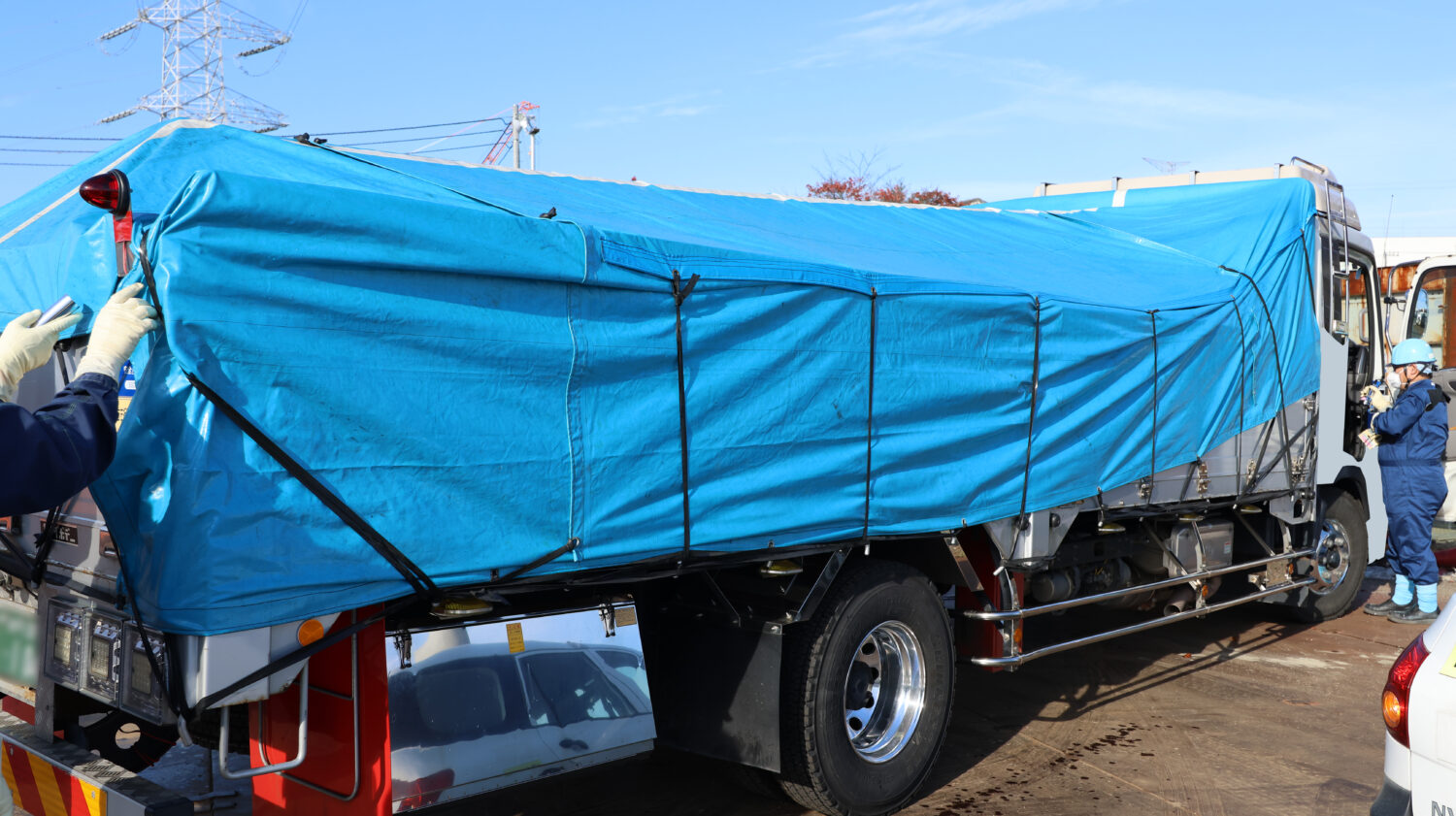
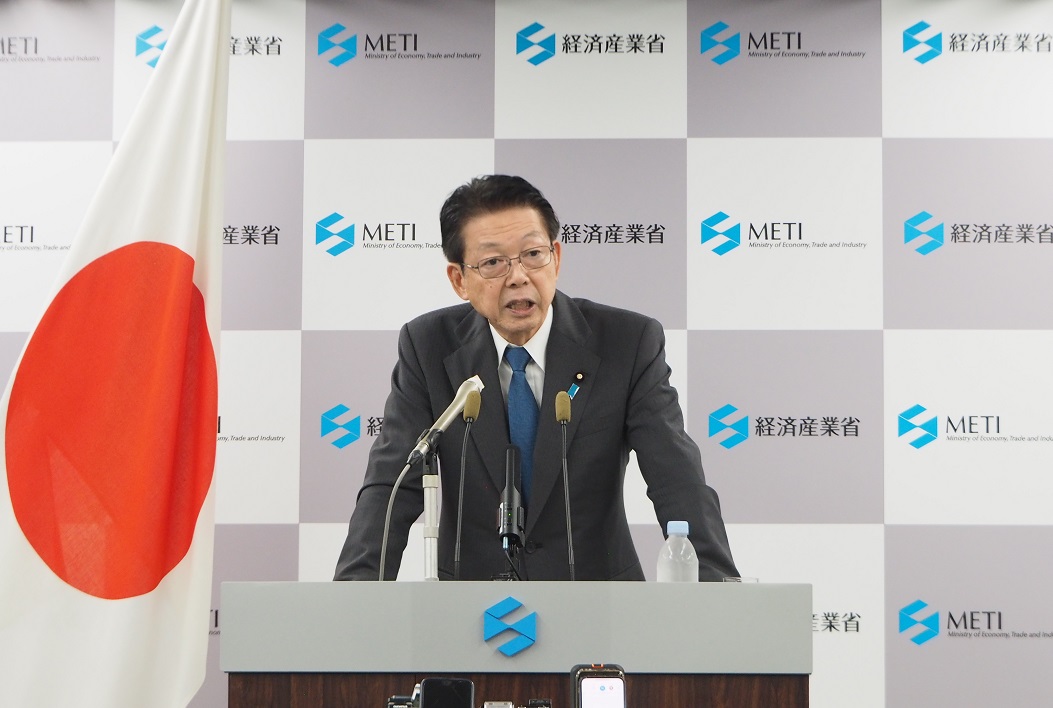
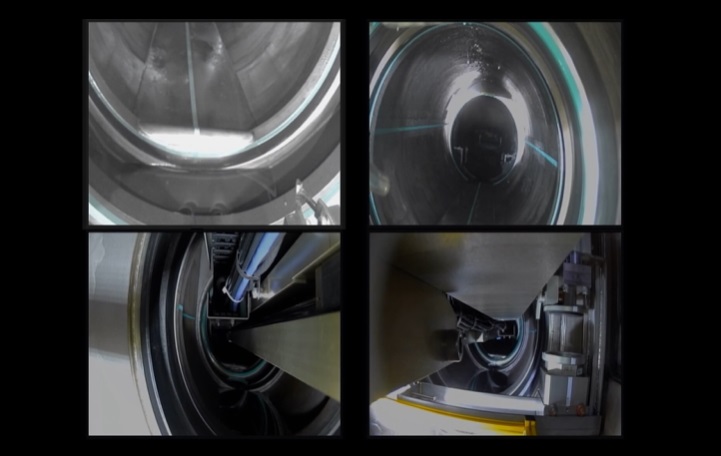
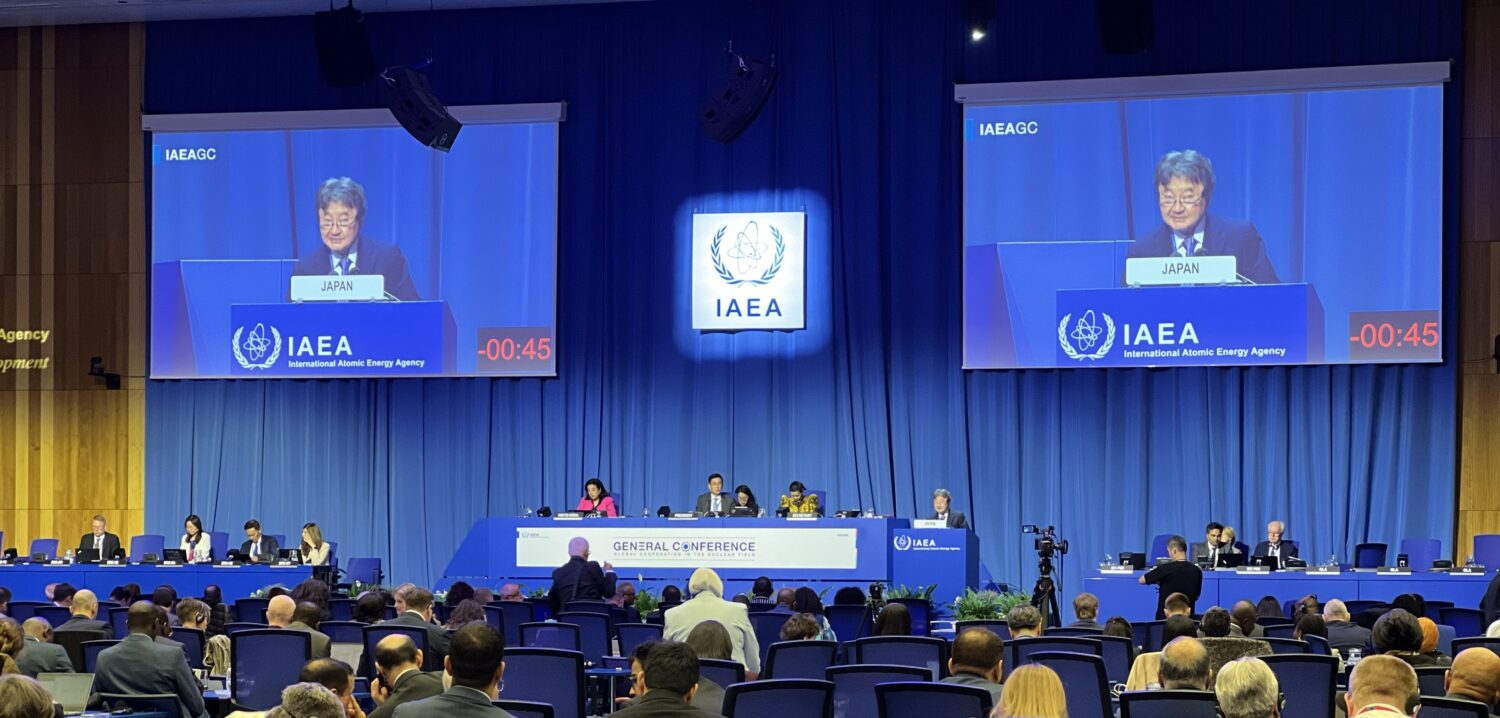
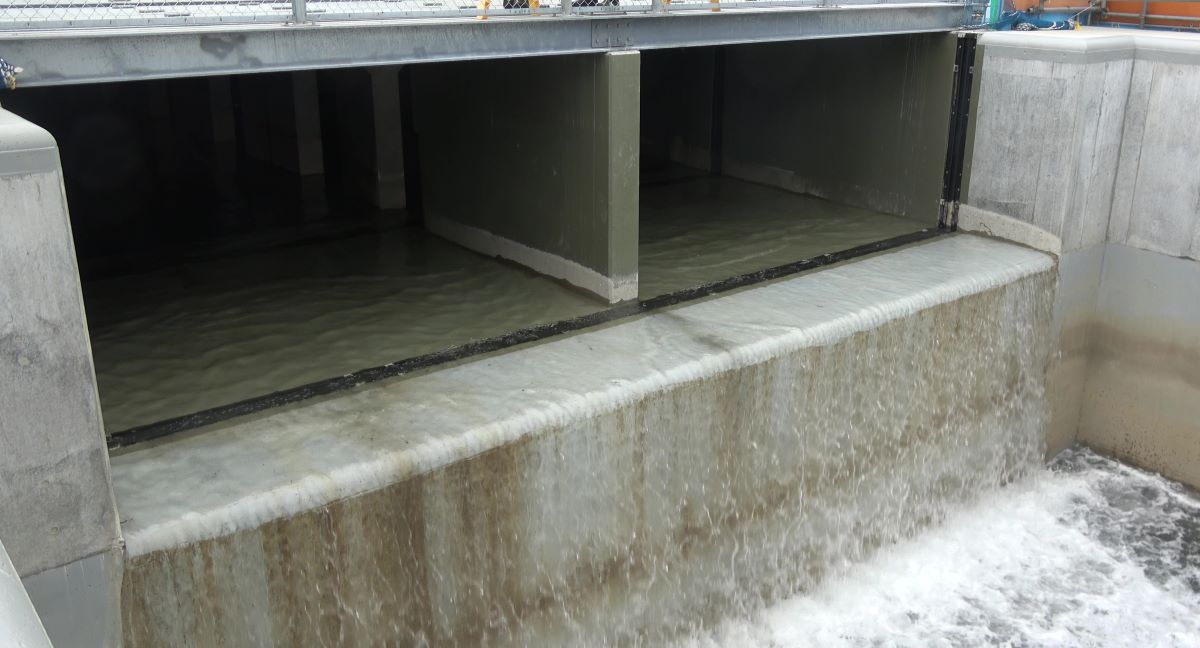
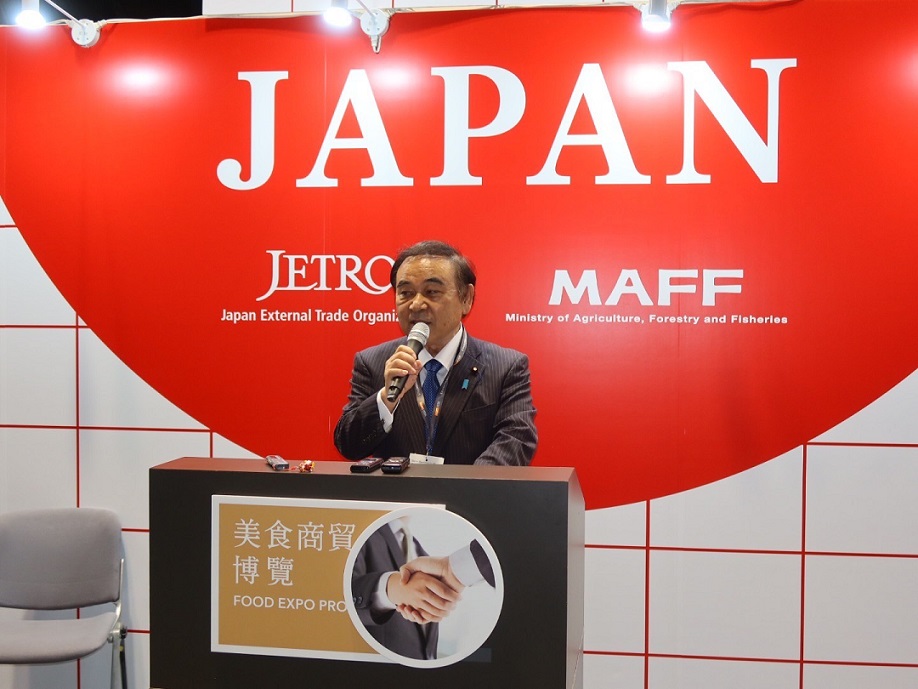
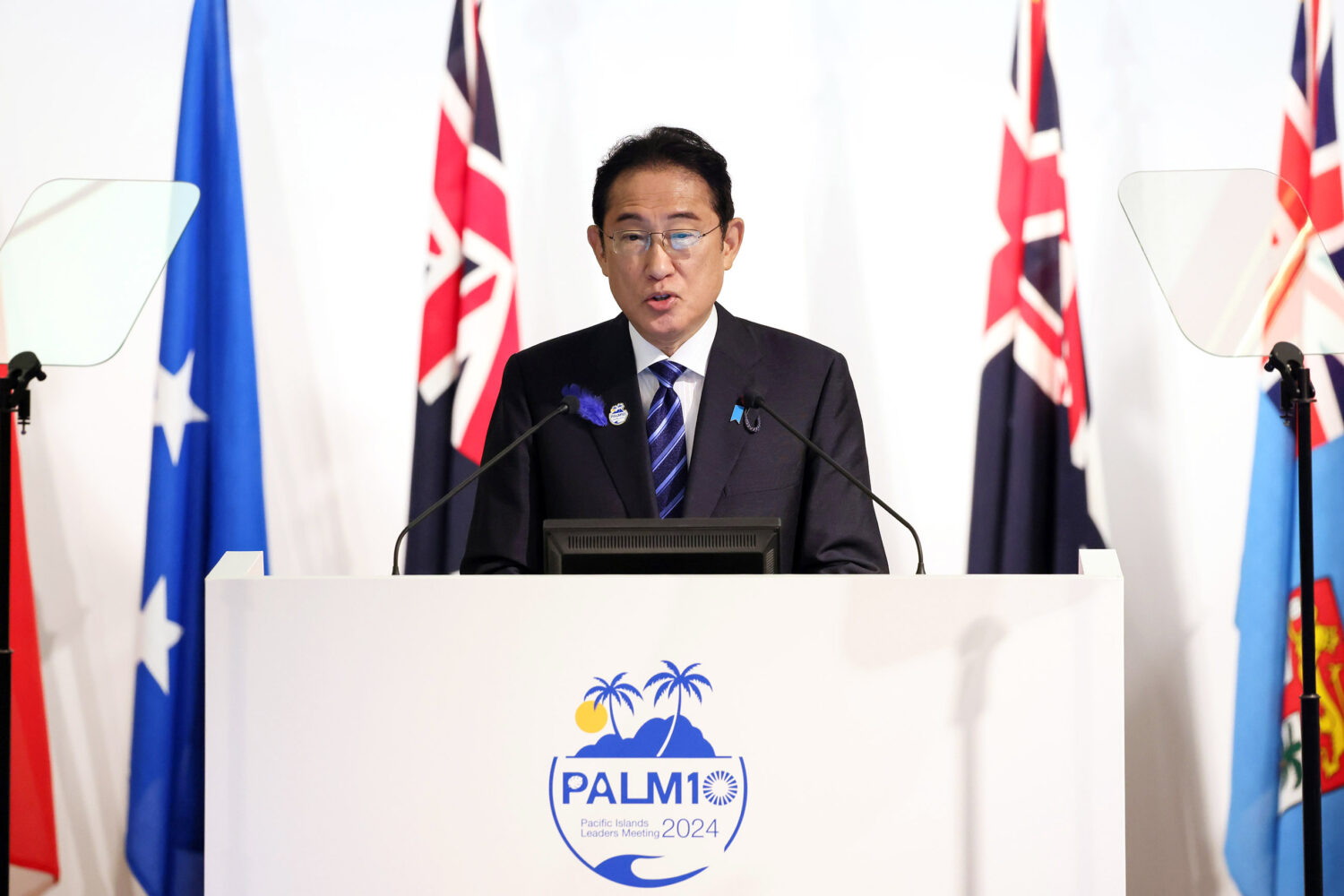

-1.png)
